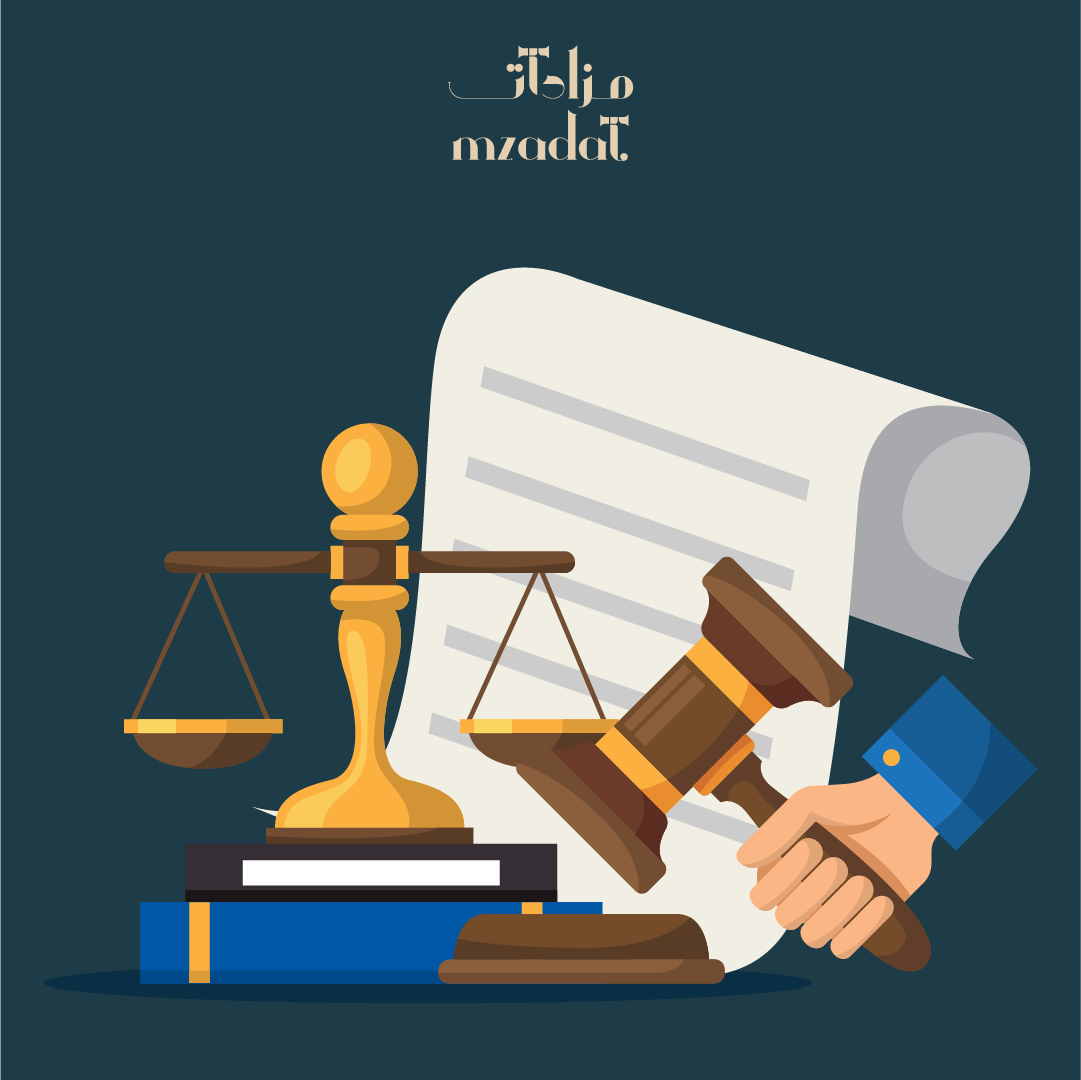Government Auctions: An opportunity to obtain special offers
Government auctions represent an exciting gateway to obtaining various goods and property at competitive prices that may be significantly below market prices.
What are government auctions?
It is a public sale process organized by government agencies to dispose of surplus used or confiscated property or goods.
What types of goods are sold at government auctions?
Items offered at government auctions vary widely and include:
Office furniture and equipment: such as tables, chairs, computers, printers, etc.
Cars and trucks: passenger cars, trucks, motorcycles, and other vehicles.
Electronic devices: computers, smartphones, televisions, etc.
Laboratory equipment: scientific instruments, measuring devices, chemicals, etc.
Surplus military equipment: weapons, ammunition, military clothing, military vehicles, etc.
Real estate: lands, apartments, houses, commercial buildings, etc.
Where can I find government auctions?
Many government agencies organize their own auctions, and you can find them through:
Websites of government agencies: such as the Ministry of Finance, Ministry of Defense, Ministry of Interior, and others.
Auction websites
Local newspapers: Some government agencies may announce their auctions in local newspapers.
Tips for participating in government auctions:
Search for information: Before participating in any auction, make sure to collect sufficient information about the items offered and the terms of the auction.
Inspect Items: If possible, try to inspect the items offered before the auction to ensure their condition.
Set a budget: Set a specific budget before participating in the auction, and do not exceed it.
Know the Auction Rules: Make sure you understand the auction rules and how to bid.
Beware of fraud: Make sure the auction is legitimate before participating in it, and avoid any offers that seem too good.
Advantages of participating in government auctions:
Obtaining special offers: You may obtain goods at prices significantly lower than market prices.
Diversity of goods: Government auctions provide an opportunity to obtain various goods that you may not easily find in the market.
Resale potential: You may make a profit by reselling some of the items you obtained from the auction.
Disadvantages of participating in government auctions:
Limited information: There may not be sufficient information available about some of the goods offered.
Item Condition: Some items displayed may be used or damaged.
Lack of time: You may have a short time to make a purchasing decision.
Risks: You may face some risks when purchasing items from a government auction, such as not being able to return or exchange them.
Car Auctions: An opportunity to get special offers
Car auctions are an exciting gateway to obtaining cars at prices that may be significantly below market prices.
Types of car auctions:
Government auctions: organized by government agencies to dispose of confiscated or surplus cars.
Insurance company auctions: organized by insurance companies to sell damaged cars whose owners have been compensated.
Car rental company auctions: These are organized by car rental companies to sell their used cars.
Car Dealer Auctions: These are organized by car trading companies to sell their used cars.
How do I participate in a car auction?
Search for auctions: You can search for car auctions through the organizers' websites or through auction websites.
Auction Registration: Make sure to register for the auction ahead of time, as this may require paying a small fee.
Car Inspection: If possible, try to inspect the car before the auction to ensure its condition.
Make a Bid: Set a specific budget before participating in the auction, and submit an appropriate bid.
Payment: If you win the auction, make sure you pay the amount due on time.
Tips for participating in car auctions:
Search for information: Before participating in any auction, make sure to collect sufficient information about the car being offered and the terms of the auction.
Inspect the car: Make sure to inspect the car thoroughly before the auction, and test drive it if possible.
Set a budget: Set a specific budget before participating in the auction, and do not exceed it.
Know the Auction Rules: Make sure you understand the auction rules and how to bid.
Beware of fraud: Make sure the auction is legitimate before participating in it, and avoid any offers that seem too good.
Advantages of participating in car auctions:
Obtaining special offers: You may get a car at prices significantly lower than market prices.
Diversity of options: Auctions provide an opportunity to obtain various cars that you may not easily find in the market.
Resale potential: You may make a profit by reselling some of the cars you acquired from auction.
Disadvantages of participating in car auctions:
Limited information: There may not be sufficient information available about some of the cars shown.
Vehicle Condition: Some of the cars shown may be used or damaged.
Lack of time: You may have a short time to make a purchasing decision.
Risks: You may face some risks when purchasing a car from an auction, such as not being able to return or exchange it.
Art Auction: A Journey Through the World of Art
Art auctions are an exciting journey for art lovers, as they provide them with the opportunity to obtain original works of art at prices that may be significantly lower than market prices.
Types of art auctions:
Auction house auctions: They are organized by prestigious auction houses such as Christie’s and Sotheby’s, and display rare and valuable works of art.
Gallery Auctions: These are organized by art galleries to sell works by contemporary artists.
Internet auctions: They are organized on the Internet and provide an opportunity for participation from all over the world.
How do I participate in an art auction?
Search for Auctions: You can search for art auctions through the websites of auction houses, galleries, or through specialized auction websites.
Auction Registration: Make sure to register for the auction ahead of time, as this may require paying a small fee.
Inspecting the Painting: If possible, try to inspect the painting before the auction to confirm its condition.
Make a Bid: Set a specific budget before participating in the auction, and submit an appropriate bid.
Payment: If you win the auction, make sure you pay the amount due on time.
Tips for participating in art auctions:
Search for information: Before participating in any auction, make sure to collect sufficient information about the offered painting and the terms of the auction.
Inspect the painting: Be sure to examine the painting thoroughly before auction, and compare it to the artist's other works.
Set a budget: Set a specific budget before participating in the auction, and do not exceed it.
Know the Auction Rules: Make sure you understand the auction rules and how to bid.
Beware of fraud: Make sure the auction is legitimate before participating in it, and avoid any offers that seem too good.
Advantages of participating in art auctions:
Obtaining special offers: You may obtain an art painting at a price significantly lower than the market price.
Diversity of options: Auctions provide an opportunity to obtain various paintings from different eras and artists.
Investment potential: You may make a profit by reselling some of the paintings you acquired from auction.
Disadvantages of participating in art auctions:
Limited information: There may not be sufficient information available about some of the paintings displayed.
Painting Condition: Some paintings displayed may be used or damaged.
Lack of time: You may have a short time to make a purchasing decision.
Risks: You may face some risks when purchasing a painting at auction, such as it not being able to be returned or exchanged.



